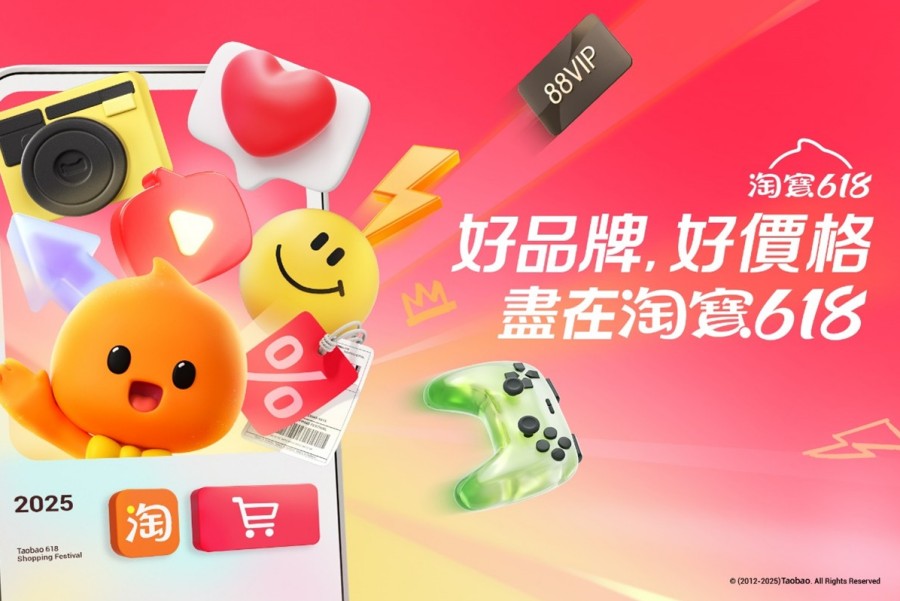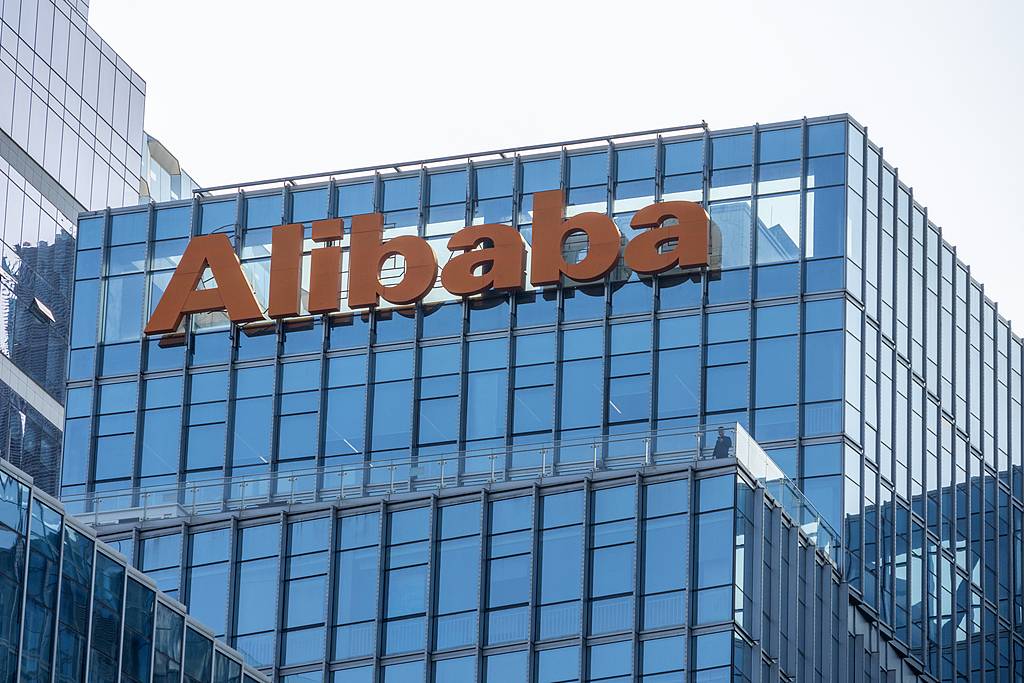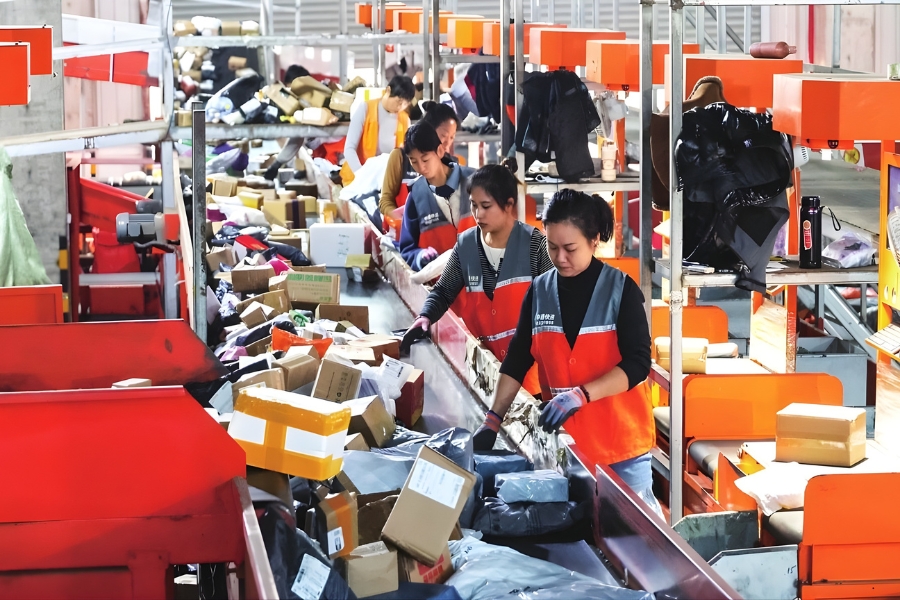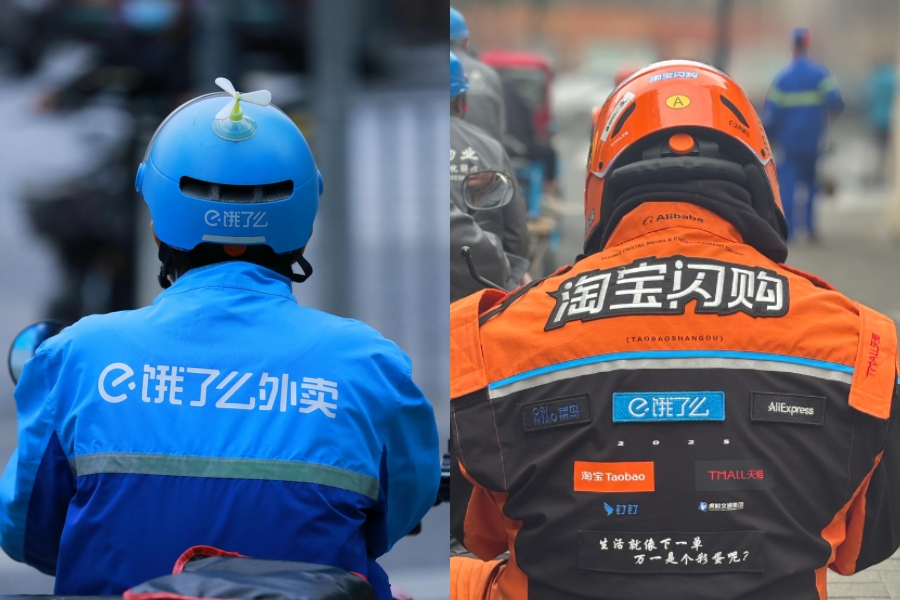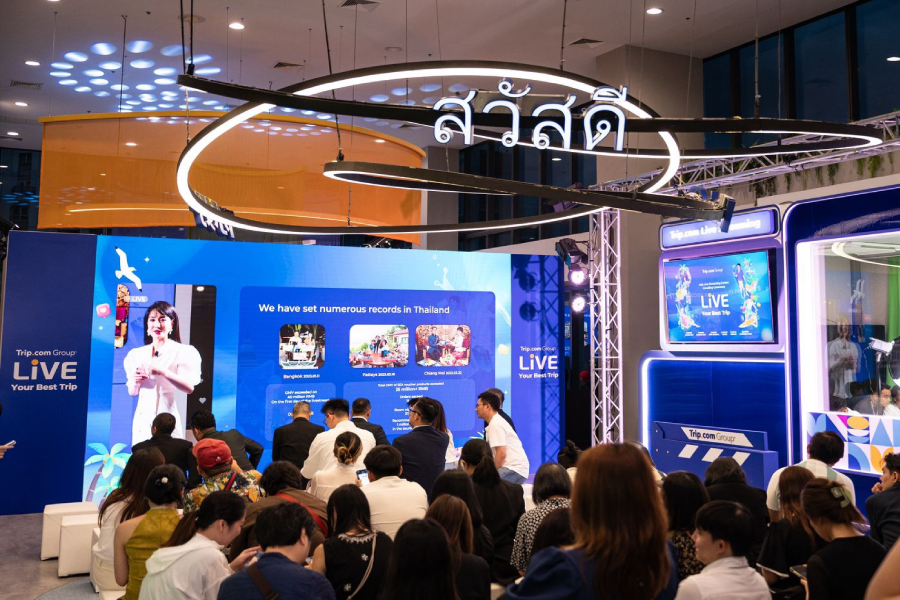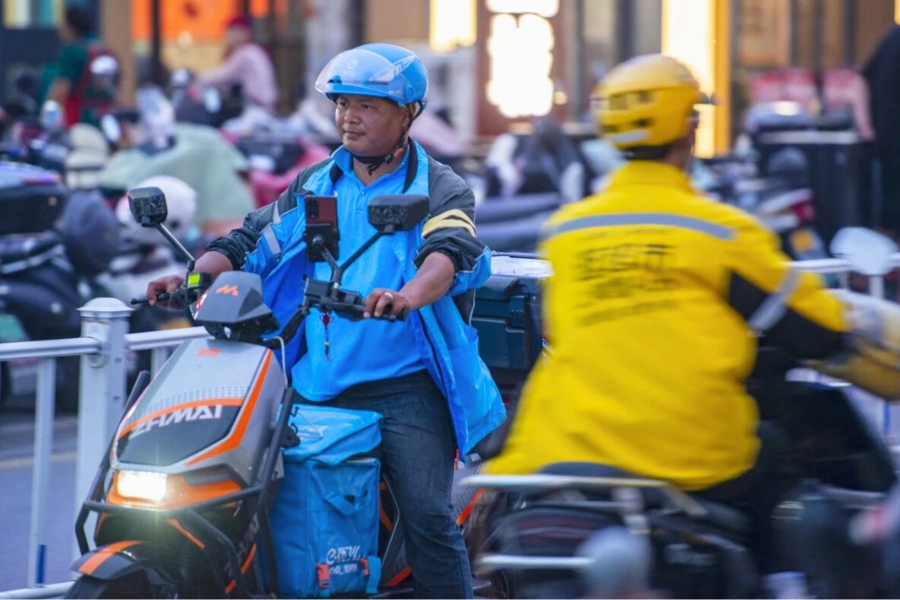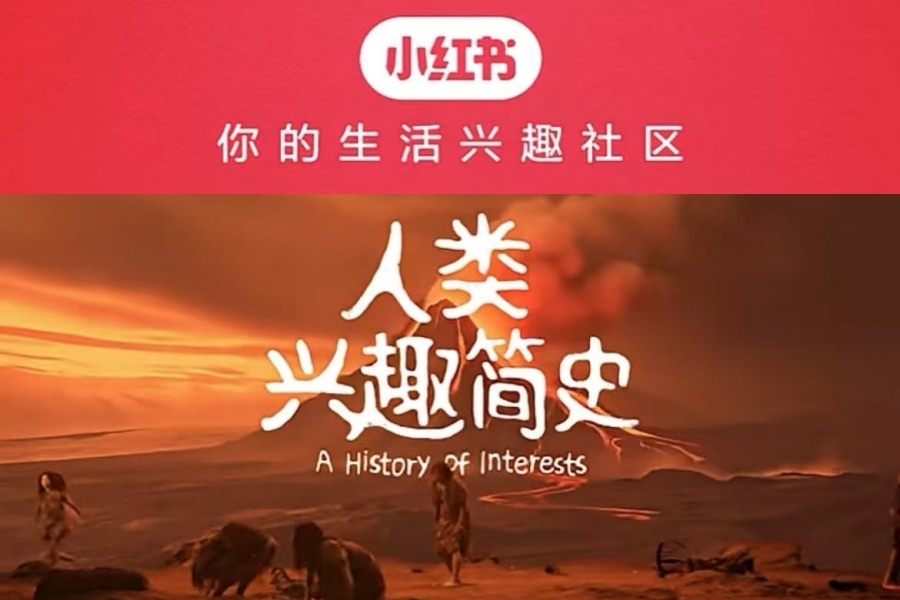If you want to take the pulse of China’s consumers and e-commerce titans, look no further than the 618 shopping festival. Originally launched by JD.com as a birthday sale, 618 has grown into a barometer for the industry and a battlefield for China’s biggest retail platforms.
This year, the festival started even earlier than last, with Taobao and Tmall rolling out their campaigns on May 13. JD.com joined the action on May 30, and as we hit the halfway point, some clear trends are already emerging. The major e-commerce platforms are tight-lipped on their overall GMV numbers and that's a sharp contrast to previous years, when headline figures were routine. That silence alone speaks volumes about a more competitive, complex market.
However, not all the numbers are under wraps. Preliminary retail data from Alibaba’s Taobao and Tmall Group (TTG) show that categories benefiting from government subsidies like consumer electronics and home appliances have exploded in popularity. Sales in these segments surged 283% during the first checkout period (May 13 to 26), compared to last year’s opening days of Singles’ Day. JD.com, meanwhile, reported an even bigger spike: sales of home appliances and electronics shot up about 380% year-on-year in just the first hour of its 618 campaign.
To give an idea about scale: 217 brands on Alibaba’s platforms including smartphone heavyweights Apple, Xiaomi, and Huawei, and home appliance leaders Midea and Haier each surpassed 100 million yuan (about US$13.88 million) in sales since the campaign began. JD.com said those same five brands crossed the 100 million yuan mark within the first hour of its 618 promotion. It’s no surprise, then, that Apple, Huawei, and Xiaomi topped the list in a new ranking of mainland China’s top 500 brands, based on domestic consumers’ online purchase behaviour, according to Peking University in Beijing.
Longer festival, and why that’s not a bad thing
618 is getting longer. Each year, the festival seems to stretch a bit further, as platforms vie for attention in an increasingly crowded market. But according to experts, this isn’t making people tired of shopping—in fact, it might be the opposite.
“We don’t think extended festival timelines are exhausting consumers,” says Jacob Cooke, CEO of WPIC Marketing + Technologies. “If anything, they’re helping brands maximise visibility across a longer purchase window and giving users time to plan higher-ticket purchases.”
Subramania Bhatt, founder and CEO of China Trading Desk, described the prolonged sales period as a “strategic necessity.” He noted, “The extended duration of the 618 Festival, from May 13 to June 20 offers brands more tactical flexibility and consumers more breathing room to evaluate deals. This structure helped drive higher AOV (average order value) and improved cart-to-purchase conversion.”
The model, according to Bhatt, creates multiple waves of consumer engagement. “Rather than a singular sales spike, platforms engineered multiple micro-moments: pre-sales, warm-up deals, super category days, and last-minute flash sales, each tailored to different buyer types and life stages. This temporal diversification reduces pressure and spreads spending,” he explained.
Content is king
Another major shift this year is the way platforms are blending content and commerce. Taobao and Tmall’s new ‘Red Cat Plan’ with RedNote (Xiaohongshu) is a sign of how serious this trend has become. Gone are the days when content platforms were an after thought, they are now at the heart of the shopping journey.
Research from China Trading Desk shows that platforms like RedNote and Douyin are now the go-to places for product research, especially with Gen Z and young urban women.
 RedNote can be connected to Taobao and WeChat for brands like Kotex and Lululemon
RedNote can be connected to Taobao and WeChat for brands like Kotex and Lululemon
Besides Alibaba. JD.com has also teamed up with RedNote, and both the platforms have partnered with Bilibili to appeal to younger shoppers with fresh content and interactive experiences.
Meituan is getting in on the action too, running joint promos with more than 100 food, beverage, and retail brands. The lines between online retail and real-world services are blurring fast. Flash deals, coupon bundles and rapid delivery are particularly resonating with Gen Z and millennials in China’s cities.
From bargain hunting to emotional connection
If there’s one big takeaway from this year’s 618, it’s this: shoppers want more than just discounts. As Campaign noted back in November, the focus is shifting to emotional fulfilment and seamless experiences.
"The desire is now for good quality at accessible prices, paired with seamless and emotionally gratifying experiences," according to Bhatt.
It's evident in Taobao and Tmall simplifying the consumer journey by offering a direct 15% discount on eligible items, along with generous cross-category and category-specific coupons. These updates are part of a broader ‘user-first’ strategy designed to enhance the shopping experience while enabling merchants to seize new growth opportunities.
Cooke from WPIC Marketing + Technologies echoed the trend. “The dominant theme is simplification and user-first engagement—platforms are eliminating confusing coupons and ramping up straightforward discounts, membership perks, and price guarantees,” he added.
Pet and Toy categories on Taobao and Tmall witness explosive growth in the shopping festival. Over 1,000 new pet brands joined the festival, with 653 doubling their first-hour sales over last year.
Designer and collectible toys are also surging. More than 2,000 IPs are launching over 200,000 new items during the festival. In the first hour alone, more than 30 brands topped RMB 1 million (US$138,800), and 140+ brands saw sales jump over 50% year-on-year. Standout brand PaperPresented recorded over RMB 100 million(US$13.88 million) in daily sales on May 25.
Bhatt noted that emotional resonance is becoming a powerful driver in consumer behaviour.
“Emotionally charged design and IP storytelling increasingly shape purchase decisions,” he said, describing it as a new strategy to “attract Gen Z and ‘kidult’ consumers seeking identity expression and psychological comfort in consumption. This psychological layer is becoming integral to platform design, transforming 6.18 from a transactional sale into a cultural moment of emotional engagement.”
Livestreaming is evolving too. It’s less about big personalities, and more about content that’s transparent, value-driven, and entertaining, according to Bhatt.
Cooke adds, "the need for brands to strike a strategic balance between performance and profitability in the evolving livestreaming landscape. KOL livestreaming is absolutely still a critical channel, but the key is finding creators who hit your demographic sweet spot without over-relying on deep discounting.”
618 goes global. And it's both ways
618 isn’t just about China anymore. It’s a crucial testing ground for global brands, and it’s also a launchpad for ambitious Chinese brands looking to the world.
Cooke points out that 618 remains a vital moment: not just for a quick sales spike, but for nurturing loyalty and testing new strategies for the rest of the year.
Tmall Global’s numbers show the appetite for international products: in the first hour of the initial checkout, 374 import brands doubled their sales from last year.
Cross-border sales are now booming the other way, too. Nearly a million Chinese merchants are selling via Tao World, with over 4,500 joining for the first time. Over 50,000 doubled their outbound sales year-on-year by 19 May, and key export categories like beauty, trainers, baby diapers, and milk powder are all up. Taobao’s free shipping now covers 12 international markets, including new additions Kazakhstan and Mongolia.
"Chinese ecommerce players are seeking global resonance beyond commodity exports," Bhatt said. "Pop Mart’s global ascent is not an isolated case. This year’s 6.18 further underscored how Chinese brands are harnessing both policy tailwinds and sophisticated digital playbooks to drive international demand."
AI takes the spotlight
No story on the 618 festival would be complete without talking about AI. Taobao and Tmall are leaning hard into AI to boost everything from recommendations to content creation.
A standout innovation is the new AIGC tool Image-to-Video, which converts product images into 20-second promotional videos. Since its beta launch in April, it has generated over 1.5 million videos, helping merchants speed up content production with features like one-click editing and smart scripting.
The upgraded Quanzhantui marketing tool uses AI to spot high-potential products and optimise growth strategies—benefiting over 1.4 million merchants prepping for 618. Since the AI toolkit launched last year, Taobao and Tmall have supported seven million merchants. In May alone, they produced more than 100 million pieces of content and handled 1.8 million AI agent services.

